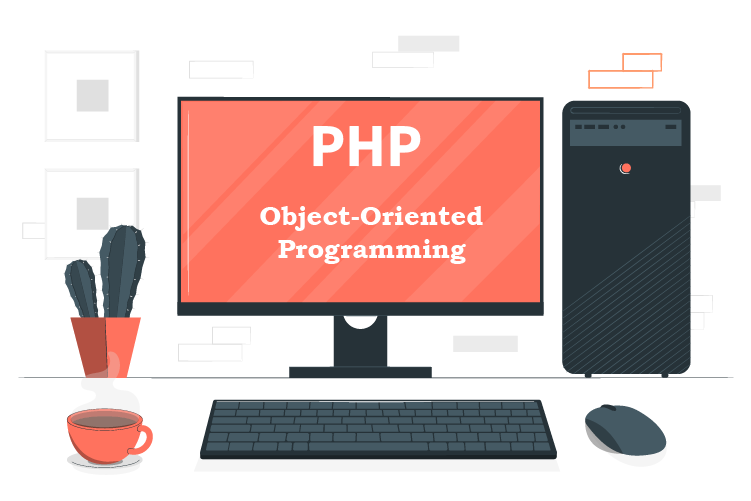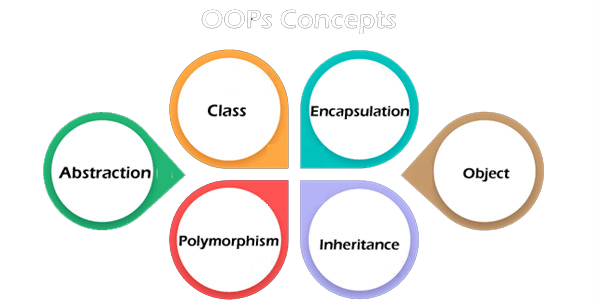
Object-Oriented Programming in PHP
The object-oriented programming paradigm, sometimes referred to as OOP, allows programmers to structure their code based on objects, which are essentially instances of classes. PHP is a popular and versatile programming language that supports OOP concepts. In this blog post, we will review the foundations of object-oriented programming in PHP and see how it may improve the structure, reuse, and maintainability of code.
In PHP, a class is a blueprint that specifies the properties and capabilities that an object will have. It combines functionality and important information into a single element. To create an object, we instantiate a class using the {new} keyword. Each object has a distinct set of properties and is capable of performing actions delegated by the class’s methods.
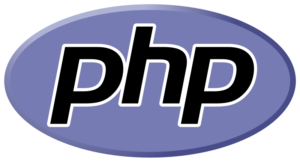
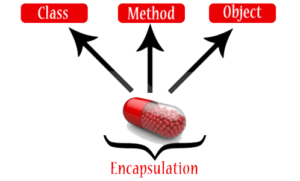
Encapsulation is an OOP technique that ties data and methods inside of a class, preventing direct access to an object’s internal state. Through data encapsulation and method-based controlled access, we safeguard data integrity and improve code maintainability.
Through inheritance, classes are able to inherit properties and methods from other classes. A class can only extend a maximum of one parent class since PHP only permits single inheritance. This feature allows code duplication and the creation of hierarchical class hierarchies. Because child classes can modify or override methods in parent classes, they provide flexibility and modularity.
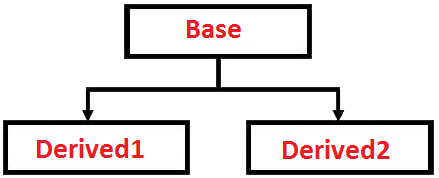
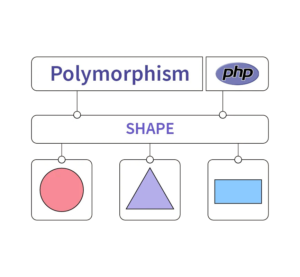
Polymorphism is the ability of an object to take on several forms while retaining a common interface. PHP’s overloading and overriding methods make polymorphism possible. A child class can employ method overloading, which allows the usage of many methods with the same name but different parameters, to implement a method that it inherited from a parent class in a unique fashion.
The design of interfaces and hiding internal implementation details from the outside world are the two primary objectives of abstraction. With PHP, abstract classes and interfaces allow us to create contracts that dictate which functions a class has to implement. In contrast to interfaces, which only provide method signatures and no implementation information, abstract classes have the ability to provide default implementations.

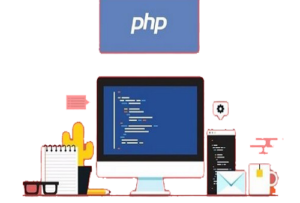
PHP has three different access modifiers: private, protected, and public. These modifiers control which properties and methods are available and visible within classes and their subclasses. Only members of the class can access private members; members of the public may access members from anywhere; and members of the protected class can only access members within the class and its subclasses.
Object-oriented programming in PHP offers several benefits, such as code reuse, maintainability, and modularity. Programmers may create code that is more efficient, modular, and scalable by using concepts like classes, objects, polymorphism, inheritance, encapsulation, abstraction, and access modifiers. Understanding and using these concepts can help you become a better PHP programmer and write more dependable, scalable code.
Remember that this blog post just touches on a small aspect of object-oriented programming in PHP. You still have a lot to learn and explore, including interfaces, characteristics, design patterns, and SOLID concepts. Thus, continue studying and honing your skills to become a proficient PHP developer. Enjoy yourself while learning to code!
